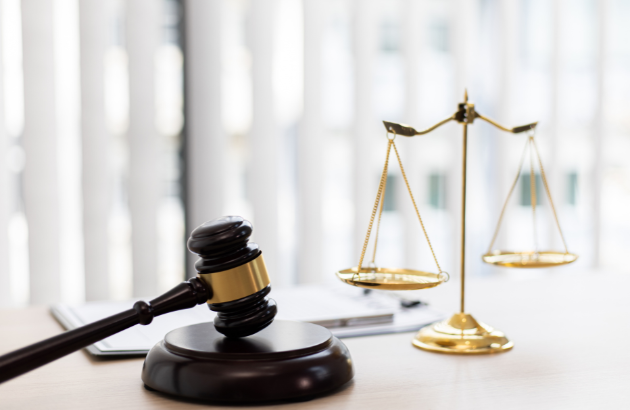Blog
Celebrate Freedom of Information Day on March 16
"A popular Government, without popular information, or the means of acquiring it, is but a Prologue to a Farce or Tragedy; or perhaps both. Knowledge will forever govern ignorance." Letter from James Madison to W.T. Barry (Aug. 4, 1822), reprinted in The Yale Book of Quotations, at 484 (Fred R. Shapiro, ed., 2006).
In celebration of James Madison, the fourth president of the United States, the "Father of the Constitution", and an advocate for open government, his birthday, March 16, is recognized as Freedom of Information Day. The joint resolution that designated this day proclaimed "the freedoms we cherish as Americans are fostered by free access to information" and that "the guarantee of free access to information should be emphasized and celebrated annually" (Pub. L. No. 99-257, 100 Stat. 41 (1986)), and President Ronald Reagan called it "particularly fitting that we recognize the value of reasonable access to information in our political process" on Madison's birthday (Proclamation No. 5447, 22 Weekly Comp. Pres. Doc. 369 (Mar. 14, 1986)).
The most recognized federal law surrounding the freedom of information is The Freedom of Information Act (FOIA), but it is one of dozens of acts, not to mention agency regulations, executive orders, and judicial decisions, that govern the collection, organization, dissemination, and even destruction of government documents. Navigating these materials can be challenging, but Jenkins' has resources to help:
- The ABA publication The Federal Information Manual: How the Government Collects, Manages, and Discloses Information under FOIA and Other Statutes (KF5753 .G53 2013) provides an overview of the challenges people often face when submitting a FOIA request and includes the chapter "The Elements of a Successful FOIA Request."
- Thomson Reuters' Guidebook to the Freedom of Information and Privacy Acts (KF5753 .G85) provides analysis of the Freedom of Information Act and the Privacy Act. The appendices also includes the text of freedom of information or open records acts from all fifty states and the District of Columbia.
- Thomson Reuters has a second publication on this topic: Federal Information Disclosure (KF5753 .O73). This two volume set covers various aspects of FOIA requests, including making the request, appealing the denial for a request, possible court actions and litigation issues, national security information, and personal privacy issues.
Many states have their own open records laws - Pennsylvania, for example, has the Right-to-Know Law (2008, Feb. 14, P.L. 6, No. 3; 65 P.S. 67.101 et seq.; legislative history). For those interested in learning more about this Pennsylvania law, Jenkins' has the following PBI publications: Pennsylvania's Right to Know Law (KFP427.8.P8 P451 2015), Pennsylvania's Right to Know Law: Four Years and Still Evolving (KFP427.8.P8 P45 2012), and The New Right-to-Know Law: You Have the Right to Know More! (KFP462.6.A25 N48 2008). Additional information may be available in encyclopedic sets like the Summary of Pennsylvania Jurisprudence 2d and the Pennsylvania Law Encyclopedia (now also available on the LexisNexis Digital Library).
For help navigating these sources, or for more suggestions, call our reference librarians at 215.574.1505, email us at research@jenkinslaw.org, or chat with us.



